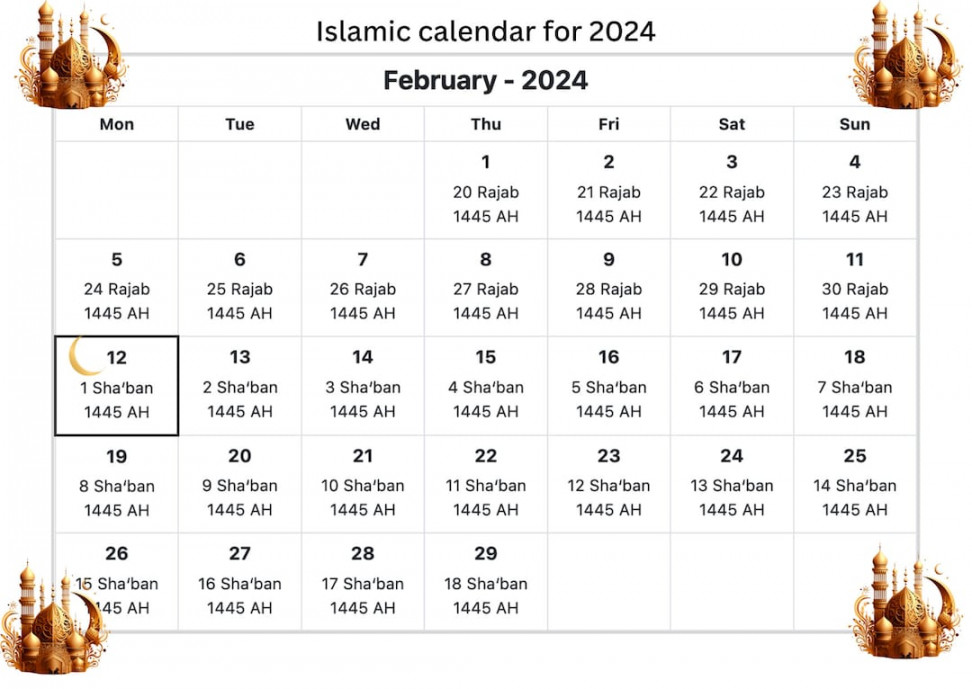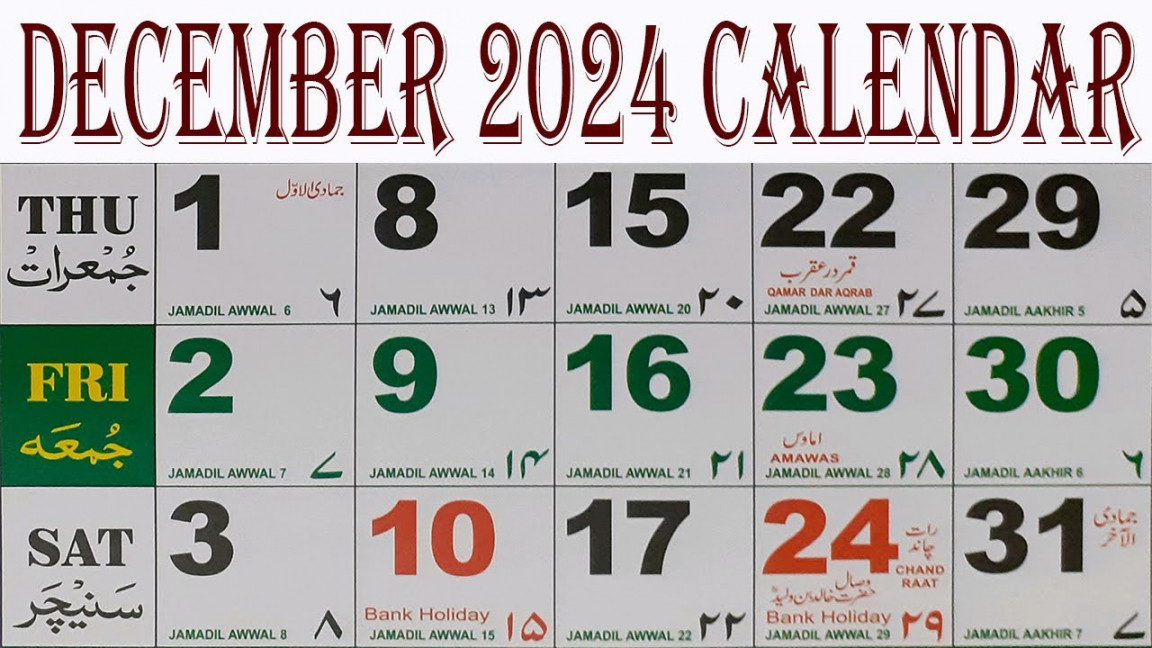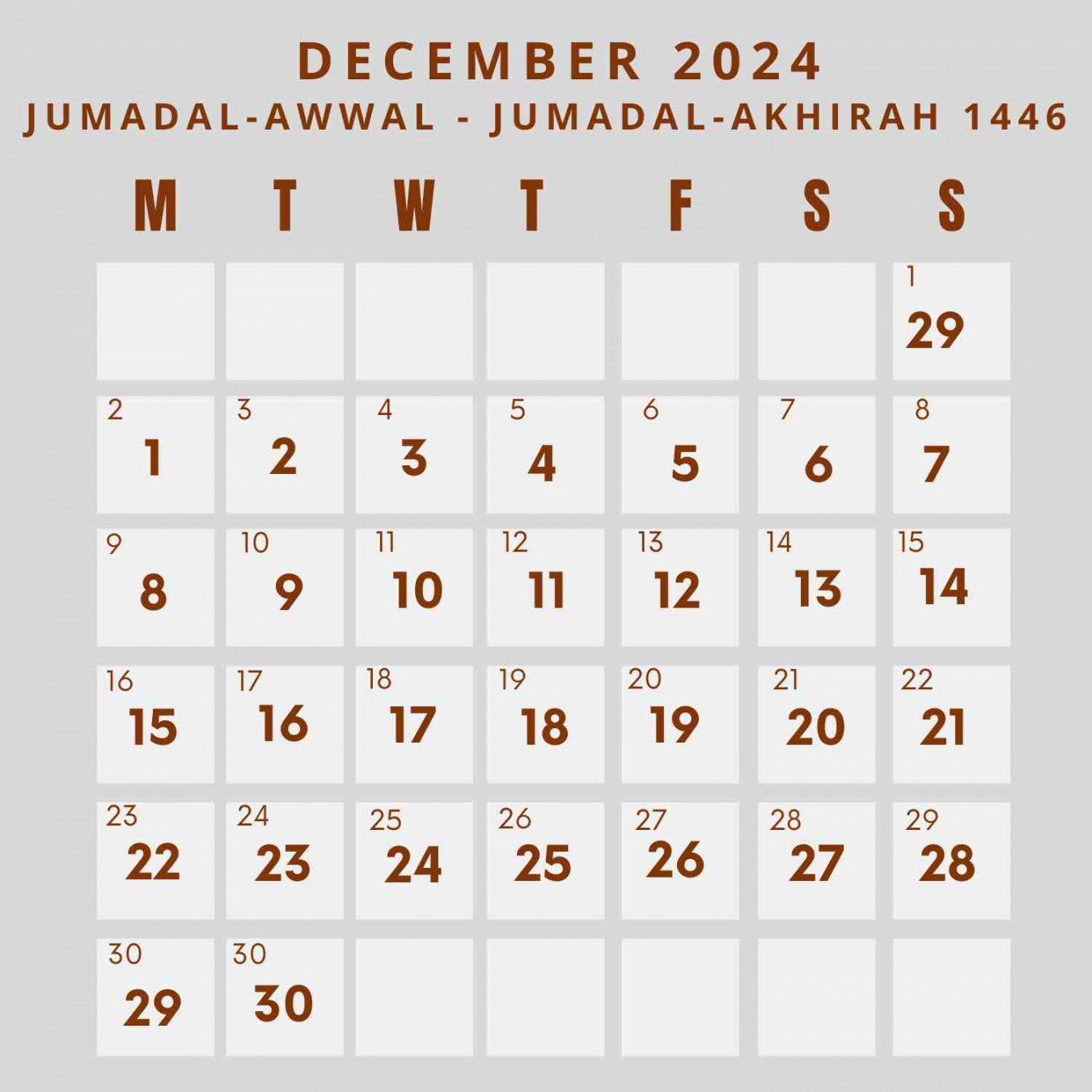This Easter, Palestinian Christians Will Be Praying for Palestine’s Resurrection Part of the Series Struggle and Solidarity: Writing Toward Palestinian Liberation
The dream of a truly joyful Easter — one aligned with the holiday’s message of hope and resurrection — feels far, far away for Christian Palestinians as Israel’s mounting toll of civilian casualties in Gaza marches onward relentlessly.

More than 32,000 Palestinians have now been killed and 70,000 wounded, most of them women and children. The constant buzzing of armed drones is ceaseless, and there’s no telling when Israel will rain death and destruction, or who the state’s next target may be.
As a Christian Palestinian living in the U.S. and in East Jerusalem, I witness this horrifying reality daily through following TV news in Hebrew and Arabic on the internet, and hearing reports about the situation from family and friends in Gaza and the West Bank.

Related Story
As Muslims worldwide fast for the holy month of Ramadan, newborns in Gaza are dying of starvation.

Palestinian Christians’ Easter is still far off on the calendar as well. In Gaza, Christians will not be celebrating Easter today, but a week later. In Palestine, an ecumenical deal was made years ago, under pressure from ordinary lay people, to unify celebrations by the varying Christian denominations whereby everyone celebrates Christmas according to the Western calendar (on December 25) but Easter, and its associated holidays, according to the Eastern calendar, usually a week later. So right now, Christians in Gaza are still fasting for Lent, and agonizing with Christ throughout Holy Week. Easter, with its hope of resurrection, seems far, far away in many ways.
Palestinian Muslims, meanwhile, are in the midst of Ramadan, a holy month in which they fast from dawn until sunset but celebrate with joyous feasting into the night with lanterns, lights, gifts, sweets and joy. Yet for them, this Ramadan is proving to be a time of starvation, suffering and uncertainty, rather than the month of celebration it is meant to be.
For all Palestinians, Christian and Muslim alike, this is a time of great suffering, displacement, constant fear and violence, bombardment, humiliation and starvation at the hands of a vengeful military bent on their destruction as a society and a people.
For Palestinians in Gaza, nowhere is safe, and even if they could somehow escape, they know from bitter historical experience that they risk perpetual exile from their homeland, as happened in 1948. After all, two-thirds of all Palestinians in Gaza are refugees from 1948 villages and towns, forever barred from homes and lands that were once Palestine. Israeli forces order their displacement time and again and force them to crowd into smaller and smaller areas. Now, 1.5 million Palestinians are crammed into the Rafah area, with no supplies or infrastructure in yet another Israeli onslaught, perhaps a final push out of Palestine into the Sinai desert.
Yet the immediate tasks of finding food, clean water and shelter is nothing compared to the sense of helplessness and abandonment, not only by Palestinians’ Arab siblings, but by the world at large. Their plight, whether you call it genocide, ethnic cleansing or massacre, is relentless, with no practical end in sight due primarily to a United States administration that has only recently shifted from outright blocking the United Nations’ ceasefire resolutions to merely abstaining from them.
Palestinians may or may not wish to blame Hamas for initiating the current round of fighting, yet they know very well that their suffering did not begin on October 7, nor will it end even if every Hamas fighter is killed. The target of the Israeli military, they believe, is Palestinians’ very existence, which is being framed as an obstacle to Israel’s Zionist project. The target is their hospitals, schools, mosques and churches, libraries, small factories, fields, boats, economy and civilians. All Palestinians in Gaza experience themselves as open targets for humiliation, arrest, torture and summary execution. It is their very existence that is the problem for Israel’s right-wing leaders and their project of Jewish supremacy. All of this is taking place in the open and being documented daily in real time, spread throughout the world on social media and occasionally covered also by corporate media, and still no one seems able to stop it.
Bellicose statements by Israeli leaders, particularly by Prime Minister Benjamin Netanyahu, inform Palestinians that even after Hamas fighters are finished and remaining Israeli hostages are killed or rescued, there will be no prospect of freedom, peace, normalcy or self-determination for Palestinians, but rather an indefinite domination by their oppressors, whose “sense of security” needs to be somehow restored at Palestinians’ expense. Even before October 7, Netanyahu made it clear his goal is normalization with the rest of the Arab world without a solution for Palestine or Palestinians, and he seemed well on his way to achieving it.
Yet, somehow, despite all this, the Palestinian spirit hasn’t been broken. The hope of a better future remains alive and well. The determination to one day be free hasn’t wavered. International grassroots solidarity throughout the world sustains their hope that one day Palestine will indeed be free — not free of Jews, as Palestinians are often accused of, but free of oppression, apartheid and discrimination. This is also the message of many Christian leaders throughout the world who are increasingly united in calling for a ceasefire, as well as for a just peace that addresses Palestinian needs.
Perhaps that is the message of both Easter and Ramadan. It’s one not just of peace — but also justice. It’s the true prayer of Palestinians in Gaza, the West Bank and all of Palestine/Israel. It’s the hope that springs eternal — that after a dark, cold winter of suffering and distress, there will one day be a spring of life, resurrection and peace for all of God’s children in this land we call Holy.
We’re not going to stand for it. Are you?
You don’t bury your head in the sand. You know as well as we do what we’re facing as a country, as a people, and as a global community. Here at Truthout, we’re gearing up to meet these threats head on, but we need your support to do it: We still need to raise $4,000 to ensure we can keep publishing independent journalism that doesn’t shy away from difficult — and often dangerous — topics.
We can do this vital work because unlike most media, our journalism is free from government or corporate influence and censorship. But this is only sustainable if we have your support. If you like what you’re reading or just value what we do, will you take a few seconds to contribute to our work?
Copyright © Truthout. May not be reprinted without permission.